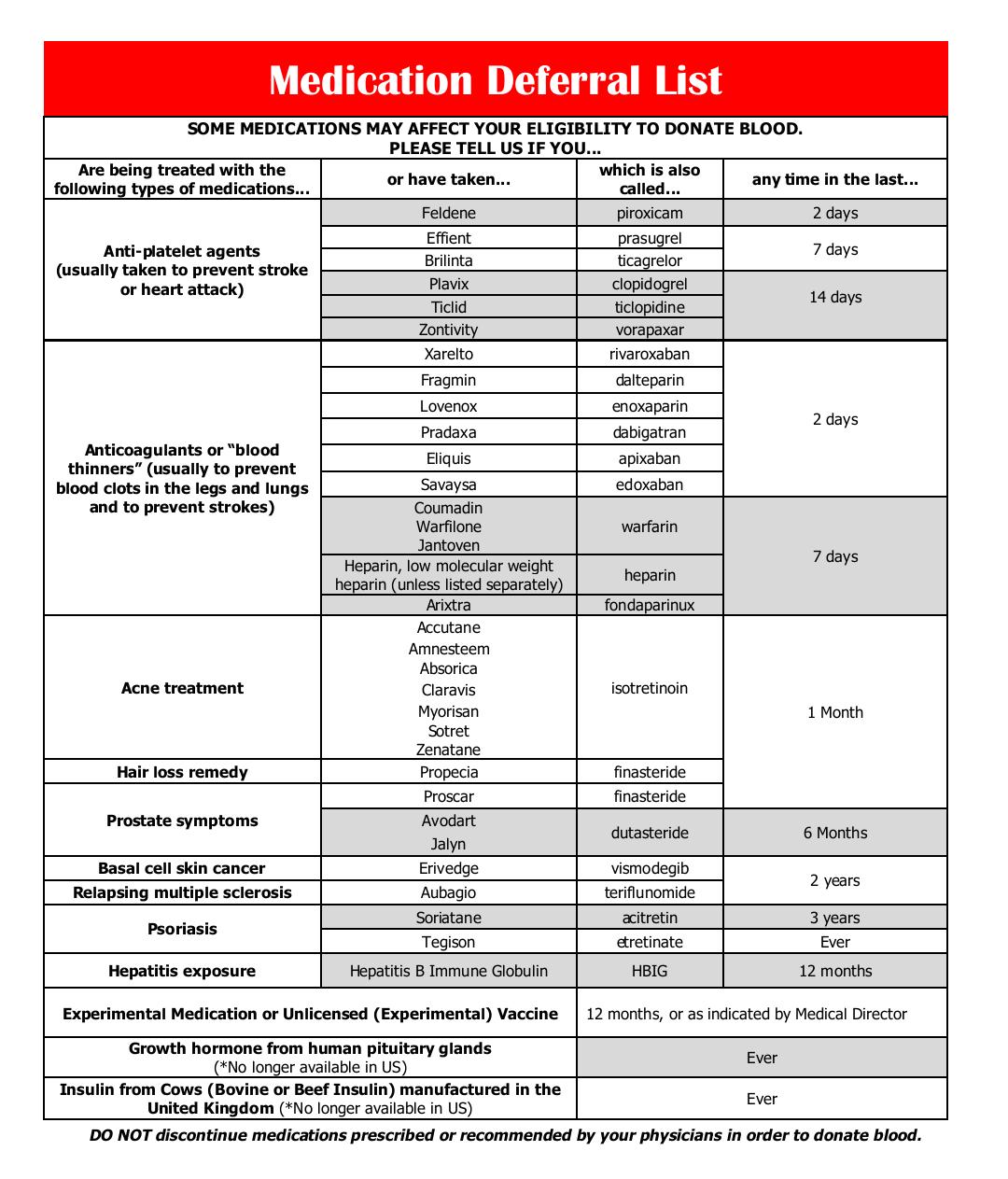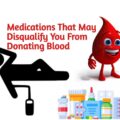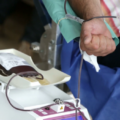Blood transfusion is a life-saving intervention. However, the safety of the donor and the recipient is paramount. Millions of people need blood transfusions each year. Some may need blood during surgery. Others depend on it after an accident or because they have a disease that requires blood components. Blood donation makes all of this possible. There is no substitute for human blood — all transfusions use blood from a donor.
Alprazolam, sold under the brand name Xanax, among others, is a short-acting tranquilizer of the triazolobenzodiazepine class, which are benzodiazepines fused with a triazole ring. It is most commonly used in short-term management of anxiety disorders, specifically panic disorder or generalized anxiety disorder.
On average, Xanax has an elimination half-life of about 11 hours (though the range is from about 6-27 hours—sometimes higher in obese patients). This means that it takes a healthy person’s body this amount of time to get rid of half of a dose of the drug. How long laboratories can detect Xanax in your blood depends on several factors. Most people have about half the dose of Xanax in their blood within a day. However, it can take several days longer for the body to completely eliminate Xanax, according to the Xanax prescribing information. Even if you don’t feel the anxiety-relieving effects anymore, a laboratory may be able to detect Xanax in the blood for up to 4 to 5 days.
Can You Donate Blood If You Take Xanax?
Most medications do not prevent people from donating blood. Common medications such as those used to control blood pressure, birth control pills and over-the-counter medications do not affect your eligibility. But some prescription medicines can disqualify you from donating blood.
Researchers from Oregon State University (OSU), sifted through 18 batches of supposedly pure human blood serum bought from a biomedical supplier using a technique called mass spectrometry. Reporting in the Journal of Pharmaceutical and Biomedical Analysis, the team was attempting to demonstrate a new method for looking at interactions between botanical dietary supplements and drugs. While carrying out the research, they noticed that their samples were laced with cocktails of drugs. All blood samples contained caffeine, while a number of other samples were found to contain alprazolam (Xanax). It is always safer to allow for complete elimination of Xanax from your body before donating blood.
According to the Red Cross, some medications affect your eligibility as a blood donor, for the following reasons:
Anti-platelet agents: affect platelet function, so people taking these drugs should not donate platelets for the indicated time; however, you may still be able to donate whole blood.
Anticoagulants or “blood thinners”: are used to treat or prevent blood clots in the legs, lungs, or other parts of the body, and to prevent strokes. These medications affect the blood’s ability to clot, which might cause excessive bruising or bleeding when you donate.
Isotretinoin, finasteride, dutasteride acitretin and etretinate: can cause birth defects. Your donated blood could contain high enough levels to damage the unborn baby if transfused to a pregnant woman. Once the medication has been cleared from your blood, you may donate again.
Erivedge (Vismodegib), Aubagio (teriflunomide): can cause birth defects or the death of an unborn baby if transfused to a pregnant woman. Once the medication has been cleared from your blood, you may donate again.
Growth hormone from human pituitary glands: was prescribed for children with delayed or impaired growth. The hormone was obtained from human pituitary glands, which are in the brain. Some people who took this hormone developed a rare nervous system condition called CreutzfeldtJakob Disease (CJD, for short).
Insulin from cows (bovine, or beef, insulin): is an injected medicine used to treat diabetes. If this insulin came to the United States from the United Kingdom (where “mad cow disease” has occurred), it could contain material from cattle that have “mad cow disease.” Although no cases of the human type of “mad cow disease” have been reported in people treated with bovine (beef) insulin, there is concern that someone exposed to “mad cow disease” through beef insulin could transmit it to someone who receives their blood.
Hepatitis B Immune Globulin (HBIG): is an injected material used to prevent hepatitis B infection following a possible or known exposure to hepatitis B. HBIG does not prevent hepatitis B infection in every case, therefore, persons who have received HBIG must wait to donate blood.
Experimental Medication or Unlicensed (Experimental): vaccine is usually associated with a research study, and the effect on the safety of transfused blood is unknown.
Donors SHOULD NOT discontinue medications prescribed or recommended by their physician in order to donate blood. ALSO SEE: Does Xanax Thin Your Blood?







